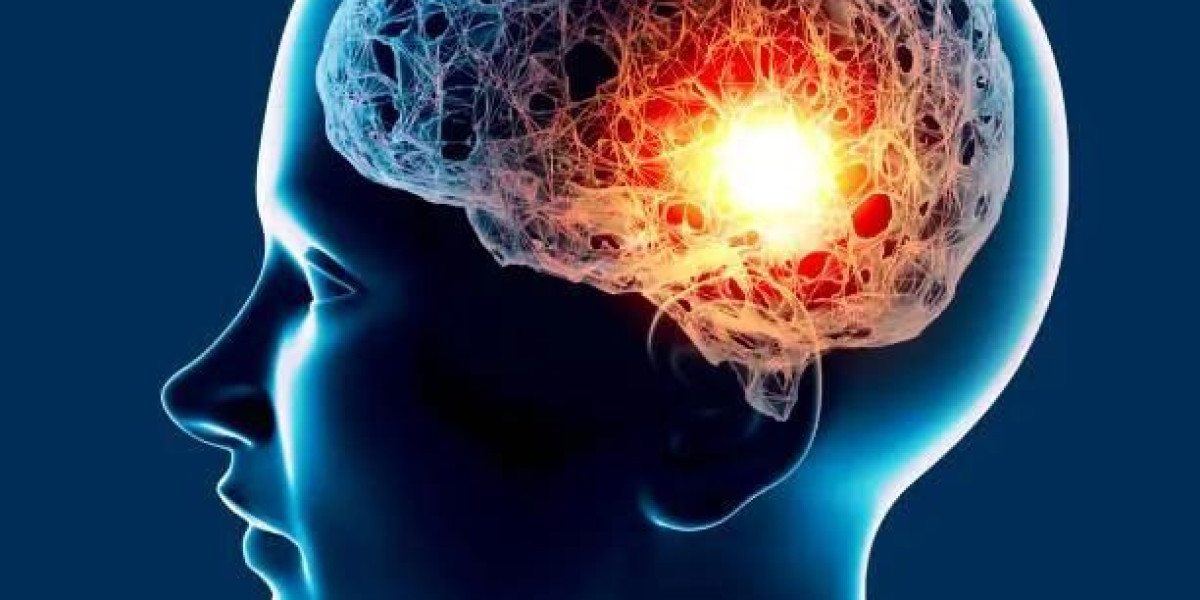Neurology Rehab Center plays a crucial role in the recovery and improvement of individuals with neurological conditions. These specialized facilities offer comprehensive care designed to address the unique challenges faced by patients with brain, spinal cord, and nervous system disorders. In this article, we will explore who can benefit from neurology rehab centers and the various therapies and support services they provide.
Understanding Neurological Conditions
Neurological conditions encompass a wide range of disorders affecting the brain, spinal cord, and nerves. These conditions can result from injuries, diseases, or congenital anomalies. Common neurological conditions include:
- Stroke: A sudden interruption in blood flow to the brain, leading to brain cell damage.
- Traumatic Brain Injury (TBI): Damage to the brain caused by an external force, such as a car accident or fall.
- Spinal Cord Injury (SCI): Damage to the spinal cord that often results in loss of function or mobility.
- Multiple Sclerosis (MS): An autoimmune disease affecting the central nervous system, leading to varying degrees of disability.
- Parkinson’s Disease: A progressive disorder affecting movement and coordination.
- Epilepsy: A neurological disorder characterized by recurrent seizures.
- Neuromuscular Disorders: Conditions affecting the nerves that control voluntary muscles.
Key Beneficiaries of Neurology Rehab Centers
Stroke Survivors
Stroke survivors often face significant physical, cognitive, and emotional challenges. Neurology Rehab Center offers specialized stroke rehabilitation programs to help patients regain their independence and improve their quality of life. These programs typically include:
- Physical Therapy: To improve mobility and strength.
- Occupational Therapy: To enhance daily living skills.
- Speech and Language Therapy: To address communication difficulties.
- Neuropsychological Support: To manage cognitive and emotional changes.
Traumatic Brain Injury Patients
Patients with traumatic brain injuries benefit from the multidisciplinary approach provided by neurology rehab centers. Rehabilitation focuses on:
- Cognitive Rehabilitation: Enhancing memory, attention, and problem-solving skills.
- Physical Rehabilitation: Restoring motor functions and coordination.
- Behavioral Therapy: Addressing changes in behavior and personality.
Spinal Cord Injury Patients
Individuals with spinal cord injuries require intensive rehabilitation to maximize their functional abilities. Key components of SCI rehabilitation include:
- Mobility Training: Using assistive devices like wheelchairs and braces.
- Strength and Conditioning: Building muscle strength and endurance.
- Adaptive Techniques: Learning new ways to perform daily activities.
Multiple Sclerosis Patients
MS patients benefit from tailored rehabilitation programs that address the unpredictable nature of the disease. Rehab centers provide:
- Physical Therapy: To manage spasticity and improve mobility.
- Occupational Therapy: To assist with fatigue management and adaptive techniques.
- Speech Therapy: For those experiencing speech and swallowing difficulties.
Parkinson’s Disease Patients
Parkinson’s disease patients often require ongoing rehabilitation to maintain their mobility and independence. Key therapies include:
- Physical Therapy: To improve gait and balance.
- Occupational Therapy: To facilitate daily living activities.
- Speech Therapy: To address speech and swallowing issues.
Epilepsy Patients
For epilepsy patients, rehab centers focus on:
- Seizure Management: Educating patients on seizure triggers and medication adherence.
- Lifestyle Modification: Providing strategies for a safe and fulfilling life.
- Cognitive and Behavioral Therapy: To cope with the psychological impact of epilepsy.
Neuromuscular Disorder Patients
Patients with neuromuscular disorders benefit from rehabilitation programs aimed at maintaining muscle function and enhancing quality of life. Services include:
- Physical Therapy: To slow the progression of muscle weakness.
- Respiratory Therapy: For those with compromised breathing.
- Nutritional Support: Ensuring adequate nutrition to support overall health.
Comprehensive Therapies and Support Services
Neurology Rehab Center offer a wide range of therapies and support services tailored to the individual needs of patients. These include:
Physical Therapy
Physical therapy is essential for improving mobility, strength, and overall physical function. Therapists work with patients to develop personalized exercise programs that target specific deficits and promote recovery.
Occupational Therapy
Occupational therapy helps patients regain independence in daily activities. Therapists teach adaptive techniques and provide training in the use of assistive devices to enhance functional abilities.
Speech and Language Therapy
Speech and language therapy addresses communication and swallowing difficulties. Therapists use techniques to improve speech clarity, language skills, and safe swallowing practices.
Neuropsychological Support
Neuropsychologists are critical in assessing and treating cognitive and emotional changes resulting from neurological conditions. They provide counseling, cognitive rehabilitation, and strategies for managing psychological challenges.
Recreational Therapy
Recreational therapy promotes physical and emotional well-being through leisure activities. It helps patients engage in hobbies and interests, improving their overall quality of life.
Social Work and Case Management
Social workers and case managers assist patients and their families navigate the healthcare system, accessing community resources, and coordinating care. They provide crucial support in addressing the social and financial aspects of rehabilitation.
Family Education and Support
Family involvement is vital in the rehabilitation process. Rehab centers offer education and support to families, helping them understand the condition, treatment goals, and ways to support their loved ones.









